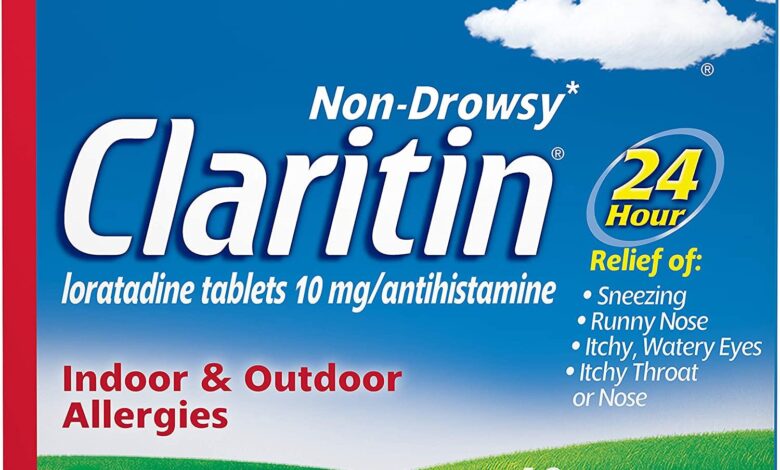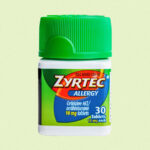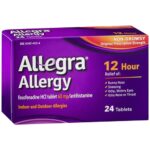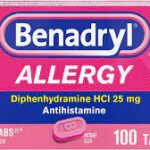What is the Active Ingredient In Claritin?

When it comes to taking medication safely, being educated is the first step. Don’t be afraid to ask questions. Open communication with your doctor is the key to making sure you aren’t left with unanswered questions regarding your medication. Medications can be tricky, but if you ask the right questions you will be one step closer to feeling better.
An active ingredient in a medication is defined as the ingredient in a drug that is biologically active. The similar terms active pharmaceutical ingredient and bulk active are also used in medicine, and the term active substance may be used for natural products.
According to the FDA, active ingredients also include those components of the product that may undergo chemical change during the manufacture of the drug product and be present in the drug product in a modified form intended to furnish the specified activity or effect.
What is the Active Ingredient In Claritin?
The active pharmaceutical ingredient in Claritin is loratadine, an antihistamine that reduces the effects of natural chemical histamine in the body. Histamine can produce symptoms of sneezing, itching, watery eyes, and runny nose. Loratadine is used to treat sneezing, runny nose, watery eyes, hives, skin rash, itching, and other cold or allergy symptoms. Loratadine is also used to treat skin hives and itching in people with chronic skin reactions.
Loratadine was patented in 1980 and came to market in 1988. It is on the World Health Organization’s List of Essential Medicines. Loratadine is available as a generic medication. In the United States, it is available over the counter.
What side effects can the active ingredient in Claritin cause?
Claritin may cause side effects. Tell your doctor if any of these symptoms are severe or do not go away:
- headache
- dry mouth
- nosebleed
- sore throat
- mouth sores
- difficulty falling asleep or staying asleep
- nervousness
- weakness
- stomach pain
- diarrhea
- red or itchy eyes
Some side effects may be serious. If you experience any of the following symptoms, stop taking Claritin and call your doctor immediately:
- rash
- hives
- itching
- swelling of the eyes, face, lips, tongue, throat, hands, arms, feet, ankles, or lower legs
- hoarseness
- difficulty breathing or swallowing
- wheezing
Claritin Safety Information
You should not take Claritin if you are allergic to loratadine or to desloratadine (Clarinex).
Follow all directions on your medicine label and package. Tell each of your healthcare providers about all your medical conditions, allergies, and all medicines you use.
Some chewable dosage forms of loratadine may contain phenylalanine. Talk to your doctor before using these forms of loratadine if you have phenylketonuria (PKU). Ask a doctor or pharmacist before taking this medicine if you have liver or kidney disease.
Ask a doctor or pharmacist if it is safe for you to use Claritin if you have other medical conditions, especially:
- asthma;
- kidney disease; or
- liver disease.
Claritin is not expected to harm an unborn baby. Tell your doctor if you are pregnant or plan to become pregnant. Claritin can pass into breast milk, but is considered compatible with breastfeeding. Tell your doctor if you are breast-feeding a baby.





